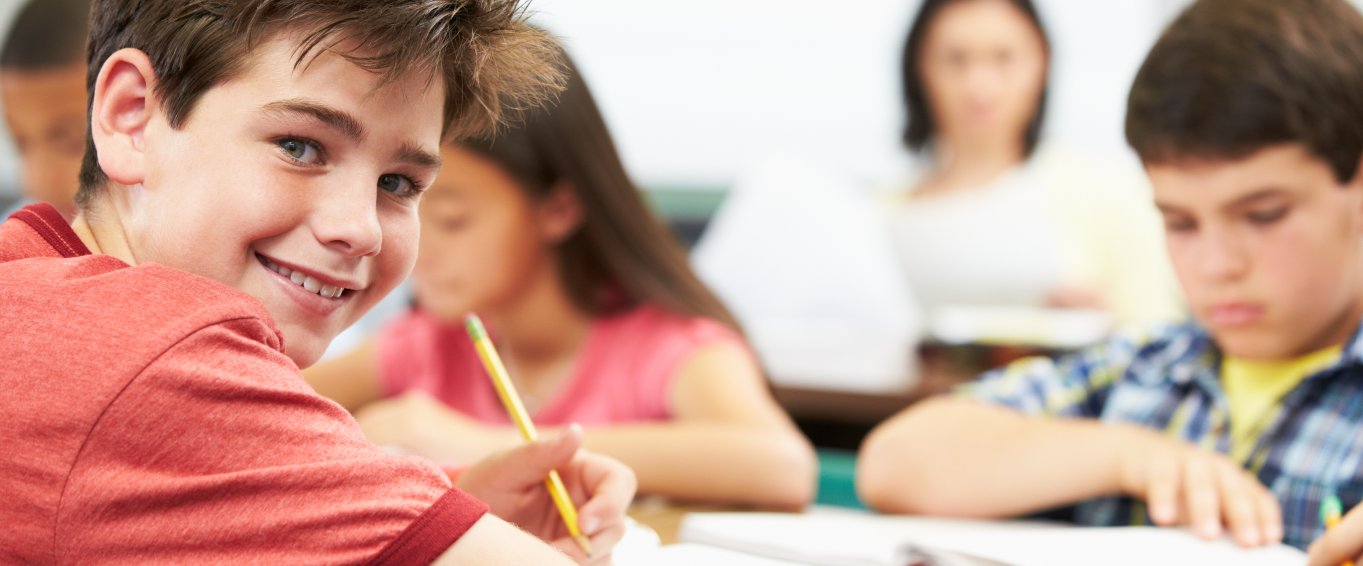Can playing sport improve academic performance?

There are so many reasons why young people should be participating in regular physical activity; from developing strength, balance and coordination, to improving fitness and reducing the risk of obesity related illnesses.
Research has demonstrated the positive impact physical activity has on mental wellbeing by helping people of all ages to feel happier and more relaxed following activities. However, there are also similar studies which highlight how physical activity could improve academic performance in children by improving memory, concentration and focus.
A study of children aged between seven and nine found significant improvements in the mental skills of those enrolled on an after-school exercise programme for nine months. The study conducted by the University of Illinois, which was published in the journal Pediatrics, found those who did the daily routine saw substantial improvements in their ability to pay attention, avoid distraction and switch between cognitive tasks.
Activity vs. Extra Lessons
In a 2007 report, Oregon State University found that as little as 15 minutes of physical activity improved concentration, memory and classroom behaviour in students. Even relatively short spans of physical activity helped increase the duration and intensity of concentration following such activities, including those in which the students never left the classroom. Contrary to what people may expect, children who exercised for short periods of time between lessons had better concentration and focus compared to those who had an additional lesson.
In 2014, Oregon State University studied the effects of a DVD called ‘brain breaks’, which features 5-7-minute-long burst of activities for elementary students. 90% of teachers said the exercise segments had the right length, and that students were more focused after doing the programme.
Transferable skills
The skills that are associated with playing sport can be transferred to the classroom. Skills such as leadership, responsibility, discipline and time management could equip children to become better students by adopting a different mindset. Leadership skills help children to make decisions and work as part of a team. Discipline is crucial to ensure students buckle down and do their work, even when they don’t want to. Time management helps children to focus and reduce the amount of time spent procrastinating.
Stress reliever
Children need to build resilience against stress, especially as they enter secondary school when their academic performance is scrutinised. Participating in regular physical activity helps people of all ages to reduce stress levels and, as we’ve mentioned before, improve focus. Sometimes it’s good to clear your mind and come back to work that’s been bothering you.
Conclusion
The research suggests that schools who schedule short periods of activity in between lessons will help children to be more focused and concentrate during lessons.
Some of the skills that children learn through playing sports could teach them how to be optimal learners and manage their time efficiently.
The benefits of activity are not limited to children that play on a sports team so long as the activity is daily; whether it’s between classes, after school, or during structured sports practise, every child can significantly benefit from a small dose of daily activity.
Join the Amaven mailing list for expert articles like this delivered straight to your inbox.